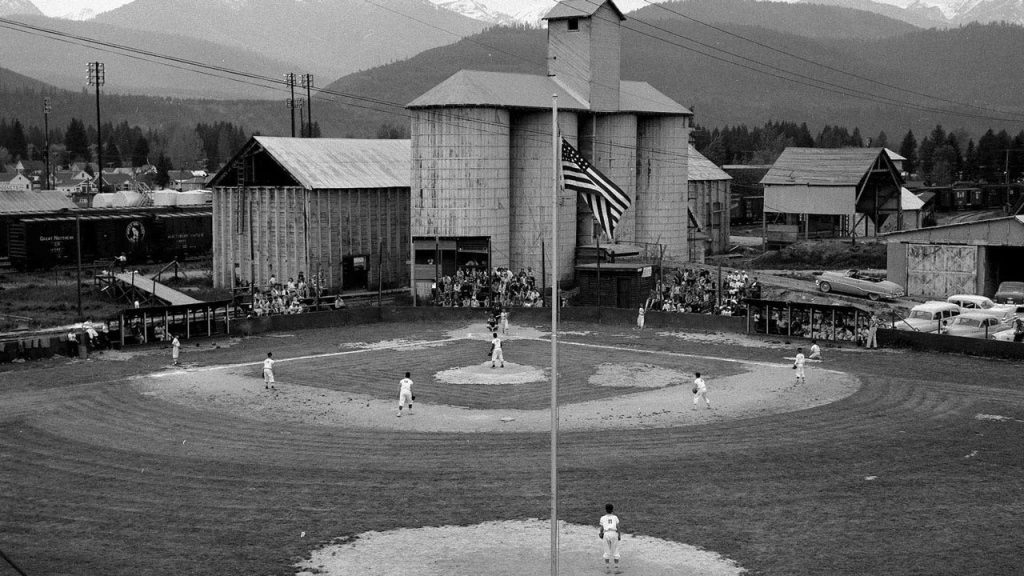A trial is set to begin against Warren Buffett’s BNSF Railway regarding the lung cancer deaths of two individuals who lived in Libby, Montana, where thousands were exposed to asbestos from a mine operated by W.R. Grace & Co. The lawsuit alleges that BNSF failed to contain the asbestos-laden vermiculite that was stored in a rail yard in town before being shipped out for use as insulation, resulting in the exposure of residents to dangerous asbestos fibers. The estates of Thomas Wells and Joyce Walder filed the wrongful death lawsuit in 2021, claiming that BNSF did not warn residents about the dangers of asbestos exposure.
Thomas Wells passed away in 2020 from mesothelioma, a type of lung cancer caused by asbestos exposure. Before his death, Wells gave a deposition detailing his exposure to asbestos while working for the U.S. Forest Service in the Libby area in the late 1970s and early 1980s. Similarly, Joyce Walder, who lived in Libby for at least 20 years, passed away in 2020 and could have been exposed to asbestos while engaging in various activities around town. The lawsuit argues that BNSF is responsible for their medical conditions due to their alleged failure to contain the asbestos dust.
BNSF Railway is expected to defend itself by claiming that there is no evidence that Wells and Walder were exposed to asbestos levels above federal limits and that they were trespassing if they were in the rail yard. The company also denies that the medical conditions of Wells and Walder were caused by exposure to asbestos from their operations. The trial is set to last at least two weeks, with Judge Brian Morris overseeing the proceedings and ruling that BNSF cannot shift blame onto other companies that may also be liable for asbestos exposure in Libby.
The disaster in Libby has resulted in numerous civil claims by residents who were exposed to asbestos, including those who worked at the mine or for the railroad, as well as family members of workers who brought asbestos fibers home on their clothes. Legal settlements have reached millions of dollars for W.R. Grace & Co., BNSF Railway, and other businesses involved, with W.R. Grace paying $1.8 billion into an asbestos trust fund after emerging from bankruptcy. Additional cases alleging community exposure to asbestos are scheduled to go to trial next month, highlighting the ongoing legal battles surrounding the asbestos contamination in Libby.
The trial against BNSF Railway is a significant step towards seeking justice for the residents of Libby who have been impacted by asbestos exposure and subsequent health issues. Through legal proceedings, individuals affected by the environmental disaster are hoping to hold accountable those responsible for their suffering and secure the compensation they deserve for the harms caused by the negligent handling of asbestos in the community. The outcome of the trial will have far-reaching implications for future cases involving asbestos exposure and the responsibilities of companies in safeguarding public health and safety.


